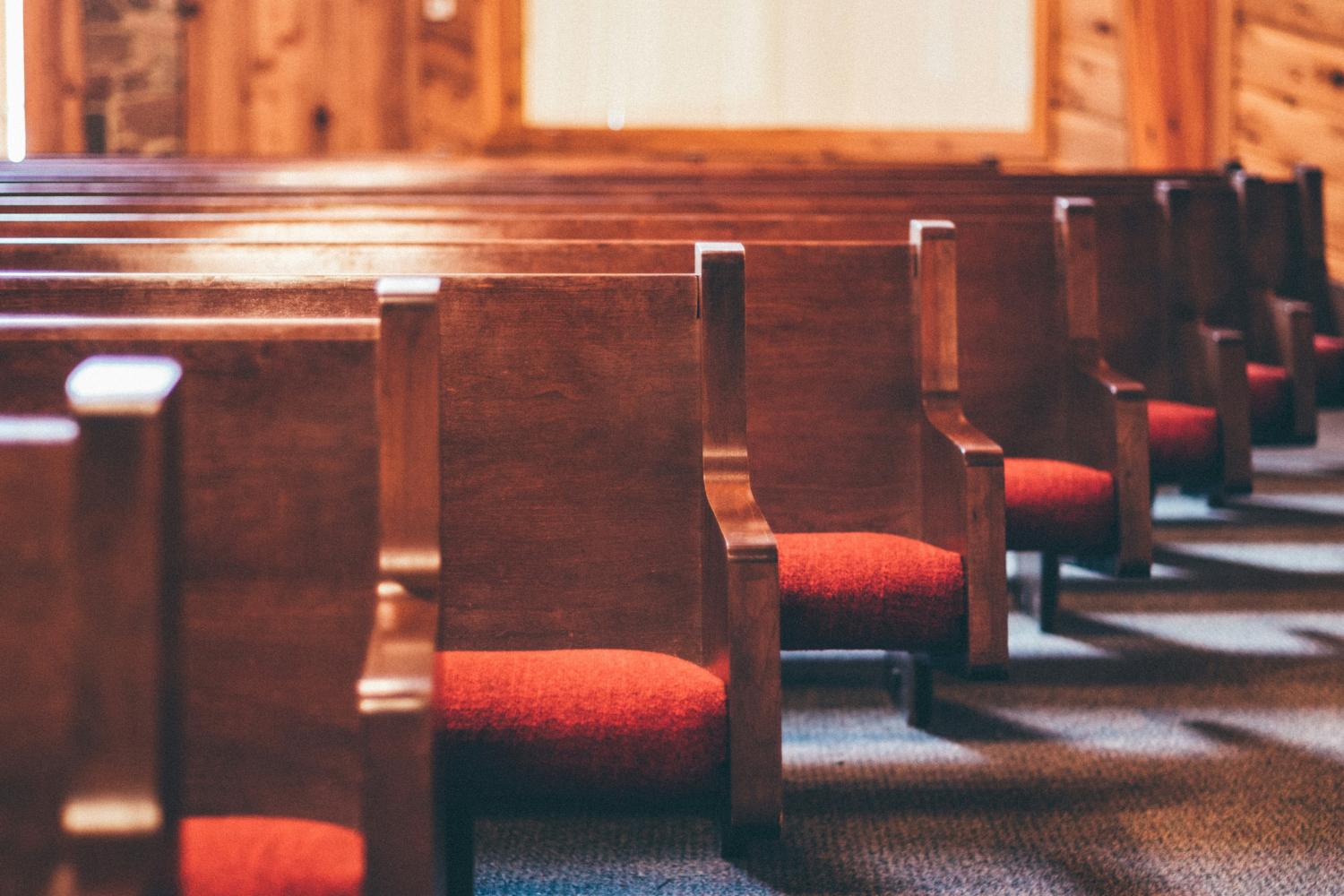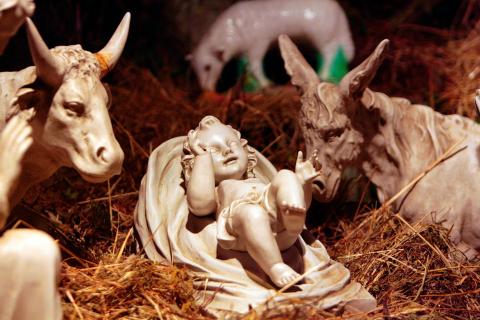
The secularization narrative in American culture appears to have ground to a halt, a recent New York Times article reported.
It takes its cue from the latest survey conducted by the Pew Research Center, which found that “after years of decline, the Christian population in the United States has been stable for several years, a shift fueled in part by young adults … And the number of religiously unaffiliated Americans, which had grown steadily for years, has also leveled off.”
While surprising, it's also a story we’ve been tracking for some time: the culture has been moving out of a Christendom mode for a while now, such that the loss of certain types of self-identifying Christians – those who were so identifying because it was the culturally respectable thing to do, for instance – has largely already happened. Those in the pews who might have left, in other words, have mostly done so by now.
But there are still some figures here meriting attention. The author notes, for instance, that “the share of self-described liberals who identify as Christian has dropped by 25 points since 2007. Just over a third of liberals now identify as Christian, and more than half say they have no religion. Among conservatives, the decline in Christian identification has been much more subtle, to 82 percent from 89 percent.” If one were to go back before 2007, there’s a good chance the percentage of “self-described liberals” who called themselves Christian would have been much higher – even a significant majority – and therefore the decrease in that same number would have been much steeper.
These comparatively sharp or shallow declines point to something that these cultural shifts have pressed us to get rigorously clear about: Christianity is ultimately not a values system or a moral code that people may find more or less congenial. Those who treat it as such will eventually find themselves abandoning it when some sort of cultural, social, or political tide has turned against such values. Indeed, ideas tend toward consistency over time, and versions of liberal Christianity that have social justice projects or messages of compassion and acceptance at their heart will eventually find themselves drying up, finding few metaphysical truths to give their ideals footing and coherence. Christianity is instead founded on the person of Christ Jesus, and the decision in individual lives to receive his message of salvation or not. And that’s not something we can actually be ambivalent about – taking a palatable moral suggestion here and an encouraging social value there. We do have to choose for or against Jesus, wholesale.
For a long time the pressure of such a choice might never have been felt because of the Christendom culture we were living in, where Christian ideals were the default, and religiosity an assumed stance when it came to any well-meaning, respectable person. And there were advantages to living in that kind of a culture: supports and encouragements for living one’s faith were more readily come by; the values and beliefs by which the wider world operated rang more easily with the truths Christianity proclaims. But there are advantages to living in the time we do, too. To declare for Christ is now an event. It is a choice we recognize we have to make, or not. Because to make it is to feel the need for a radical turnaround in our lives to play out – we have to hear the Gospel, and make an effort to consciously live by the realities it assures us of, rather than those the world does. The stabilizing religious dynamics the New York Times reports, then, perhaps shouldn’t be taken as opportunity for complacency, but for hearing more resonantly the exhortation we were given yesterday and again today, at this the beginning of our Lenten journey: “Repent, and believe in the Gospel,” “Turn to the Lord and be saved.”
Yesterday was Ash Wednesday, the start of the Lenten season in which Catholics (and some other Western Christians) receive a cross of ashes on our foreheads. Does this not go against Jesus’s teaching in the Gospel of Matthew that we not wear open signs of fasting? Catholic Answers explores the question.
Ronald Reagan, St. John Paul II, and Lent: George Weigel reflects on the purification of memory.
A possible Eucharistic miracle is under investigation in Morris, Indiana.
Witnesses to the recent murder of a Catholic priest in Myanmar report his simple last words: “I only kneel before God.”
Nigerian Christians continue to be plagued by terrorism.
Debate over a new law in Texas that requires pornographic sites to verify the ages of users raises the question of whether such content truly constitutes free speech.
As in vitro fertilization (IVF) grows in popularity in the wake of an access-expanding executive order issued by the Trump administration, Catholics - who oppose the practice - may be looking for alternatives. Enter FEMM.


